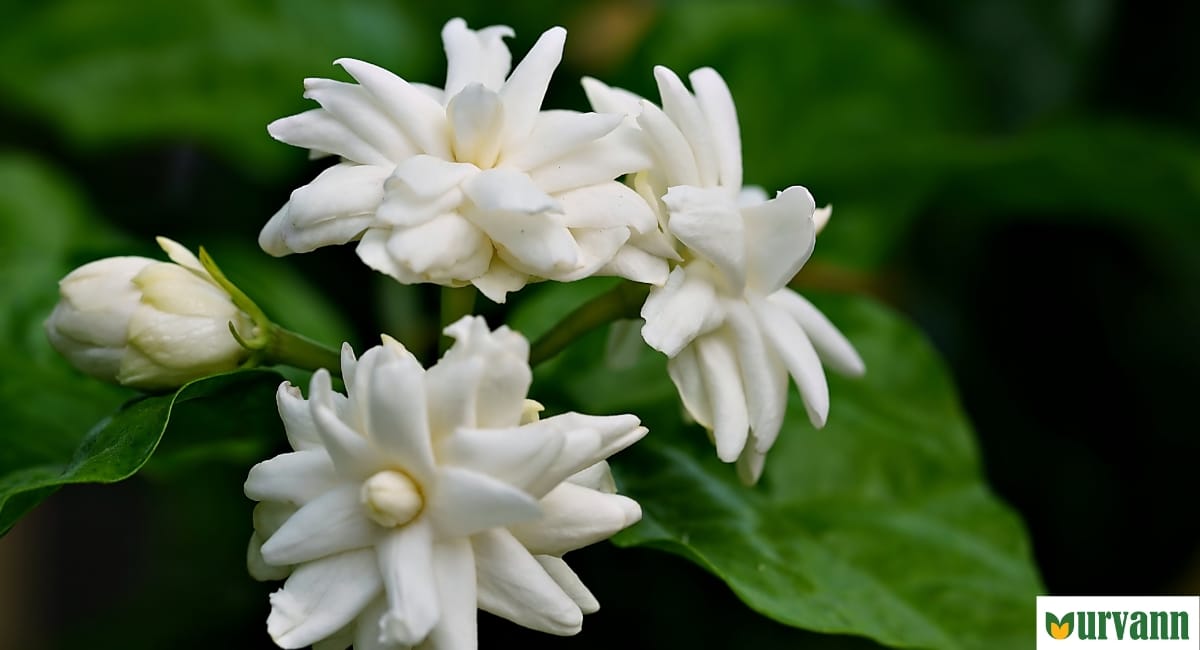Jasmine, a flowering plant renowned for its enchanting fragrance and delicate blossoms, holds a special place in the hearts of nature lovers and garden enthusiasts. With its timeless beauty and diverse cultural significance, jasmine has become more than just a garden adornment – it is a symbol of purity, love, and prosperity. In this blog, we will explore the captivating world of jasmine, delving into its aesthetics, cultural importance, and the myriad benefits it brings to both the environment and our well-being.
Aesthetics of Jasmine
Jasmine, belonging to the Oleaceae family, is a genus comprising over 200 species of fragrant flowering plants. Its exquisite, star-shaped blossoms, usually white or pale yellow, exude a sweet, intoxicating scent that can elevate the ambience of any garden or outdoor space. The sheer elegance of jasmine blooms has made it a favourite choice for gardens, landscapes, and even indoor spaces, where its captivating fragrance can be enjoyed up close.
Cultural Significance
The cultural importance of jasmine spans across different civilizations, making it a symbol of diverse virtues and emotions. In many Asian cultures, jasmine is associated with purity and simplicity. In India, it holds special significance during weddings, symbolizing the pure and eternal bond between couples. The delicate blossoms are often used to adorn bridal hairstyles and garlands, creating a sensory-rich atmosphere.
In the Middle East, particularly in countries like Egypt and Syria, jasmine is linked to love and romance. The tradition of gifting jasmine flowers to express affection has been cherished for centuries, enhancing the role of this exquisite plant in the region's cultural tapestry.
Moreover, jasmine plays a pivotal role in the world of perfumery. The essential oil extracted from jasmine flowers is a prized ingredient in high-end fragrances, renowned for its alluring and enduring scent. The captivating aroma of jasmine has the power to evoke emotions and memories, making it a cherished element in the perfume industry.
Environmental Benefits
Beyond its visual and olfactory allure, jasmine contributes significantly to the environment. As a flowering plant, it attracts pollinators like bees and butterflies, promoting biodiversity and supporting the overall health of ecosystems. The presence of jasmine in gardens can create a harmonious balance, fostering a thriving environment for other plants and wildlife.
Well-being and Therapeutic Benefits
The enchanting fragrance of jasmine is not only a treat for the senses but also holds therapeutic benefits. The aroma of jasmine has been linked to stress reduction, anxiety relief, and improved mood. The calming effect of jasmine scent can be harnessed through essential oils, candles, or simply by spending time in a garden adorned with jasmine blossoms.
In traditional medicine practices like Ayurveda and Chinese medicine, jasmine is valued for its medicinal properties. It is believed to have anti-inflammatory, antiviral, and antioxidant qualities, contributing to overall well-being.
Conclusion
Jasmine, with its timeless beauty and multifaceted significance, is truly a gem in the world of flowering plants. From its cultural symbolism to its environmental and therapeutic benefits, jasmine continues to captivate hearts and minds. Whether gracing a garden, adorning a wedding ceremony, or infusing a room with its sweet scent, jasmine stands as a testament to the enduring connection between nature and human well-being. Embracing the beauty and importance of jasmine is not just a horticultural choice but a celebration of the harmony and richness it brings to our lives.


1 Comment
Leave a Reply